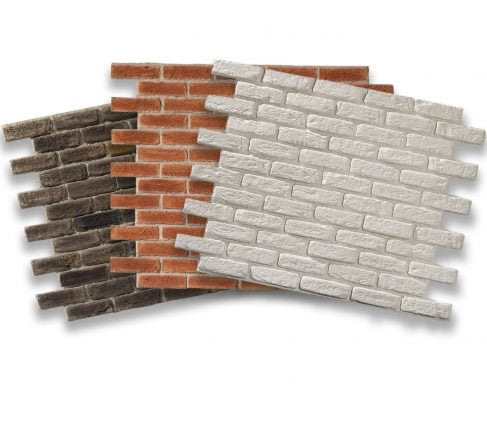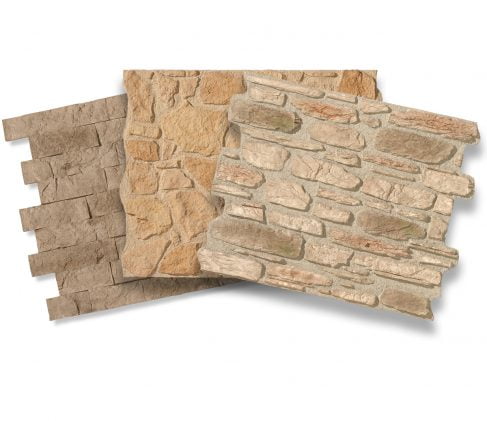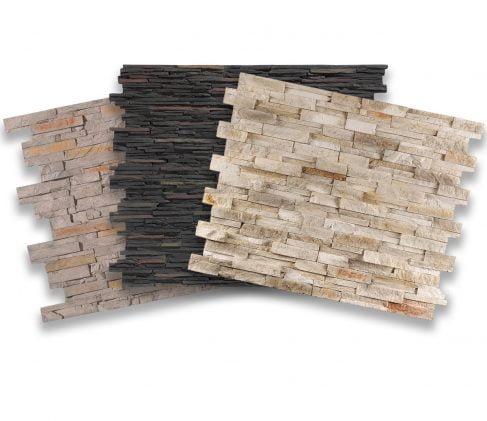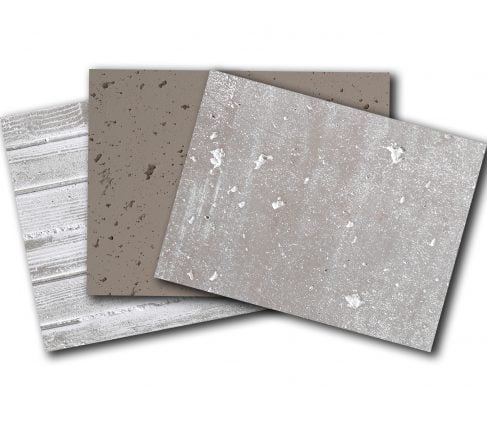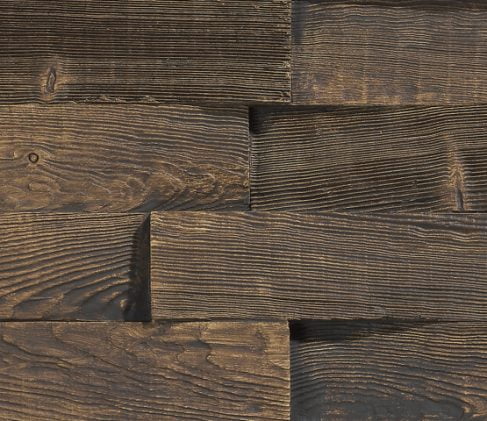
Sustainable Building Materials For Sustainable Interior Design
Panespol Achieves Net Zero Energy Emissions & Water Consumption
Panespol is committed to advancing innovation in building materials that enhance sustainable interior design. In September 2022 the company achieved net zero emissions and water consumption through the implementation of onsite solar energy generation & water processing.
The company’s aim is to improve the sustainability of Panespol faux wall cladding panels through ongoing analysis of where raw materials and energy come from, manufacturing processes, how our customers use the products, and how panels are utilised at end of their installation life. Below are some of the ways Panespol works to achieve this vision.
Panespol Features That Contribute To Sustainable Design

Counteracting The Costs Of ‘Real’ Wall Materials
Stone and slate must be mined, while brick and concrete production are energy and resource intensive. Transportation of these heavy materials is also a burden. Lightweight and strong, Panespol faux wall cladding panels are easy to transport and require less resources to install. The incredibly realistic look and feel of Panespol only requires minimal mineral material in the outer shell.

Recyclable Panespol Sustainable Cladding Panels
Panelspol embraces the Spanish Circular Economy Strategy, ‘España Circular 2030’, which aims to re-utilise resources and minimise the generation of waste. The production of Panespol faux wall panels now incorporates up to 20% material from recycled panels to help create a more sustainable cladding option.

Water-based vs gas-based polyurethane
The base layer of Panespol’s non-toxic, fire-resistant faux wall panels contains a patented-polyurethane compound that is manufactured using a water-based process. Gas-based polyurethane emits gases that are very harmful to the ozone layer and global warming, whereas water-based polyurethane does not harm the environment or affect the ozone layer or global warming.

Insulation Properties That Reduce Energy Expenditure
Panespol’s decorative panels have Thermal Insulation Certification provided by Tecnalia. Panespol’s panels contain materials that are effective thermal insulators and offer excellent insulation capacity, thermal stability, high compressive strength which assists to make them a more sustainable cladding option. Panespol panels also provide acoustic insulation.
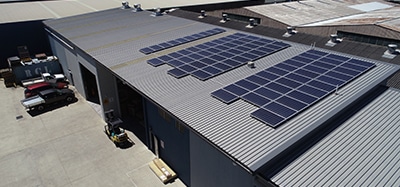
Energy-Efficient Manufacture & Renewable Energy
From design through to transport, Panespol manufacturing processes aim to minimise the impact on the environment and prevent pollution. The exclusive Australian-distributor, Advanced Display Systems, has successfully implemented stage 1 of our onsite solar renewable-energy generation project. The project has delivered 42% of our annual energy, reducing around 18 tonnes of CO2 emissions per year from our factory and head-office energy usage.
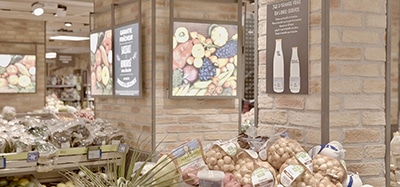
Enhanced Air Quality & Reduced VOC Emissions
Panespol faux wall panels inhibit the proliferation of fungi, mould and the appearance of condensation, which are harmful to health and buildings. Panespol does not produce isocyanate emissions and volatile organic compound (VOC) emissions are very low. In addition, paint utilising silver ion technology eliminates the use of substances such as formaldehyde.

